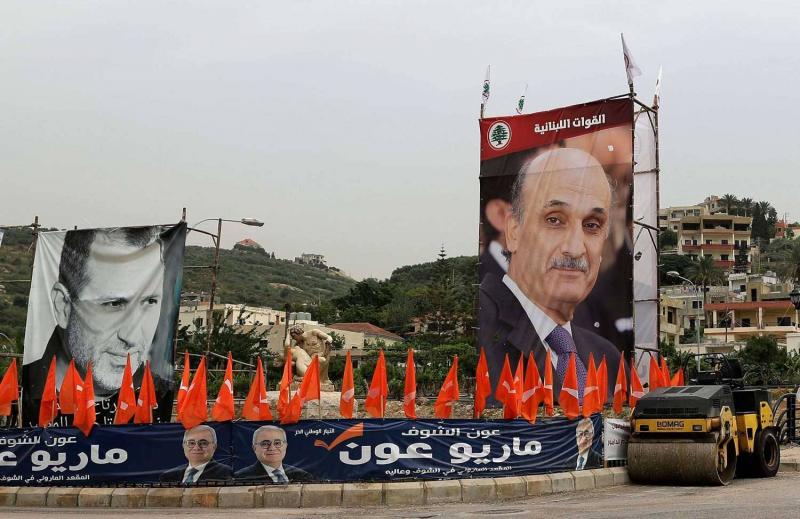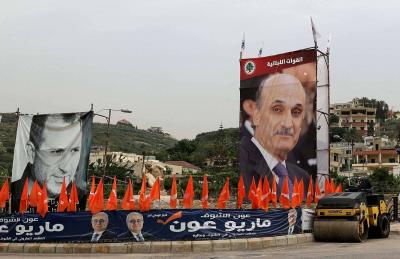The matter is almost settled, and according to information, nothing is likely to change the position of the Shiite duo regarding their presidential candidate. For the Shiite duo, Suleiman Frangieh is the current nominee, and there is "no alternative" acceptable to them at present, perhaps even in the future, even if a thousand agreements occur, similar to the Saudi-Iranian agreement. On the other side, there exists a Christian political front that is no less solid than the duo's position but has a firm rejection of the arrival of the "Marda Movement" leader to the presidency at any cost and for any price.
The Shiite duo's insistence on Frangieh's candidacy has become a fact, and there is a division similar to the political discord regarding the convening of the government. The confrontation has clearly emerged between the Shiite duo and the Christian forces that have disrupted two sessions of the parliament: one legislative and another for the joint committees, in addition to the disruption of the invitation from Ain al-Tineh for a national dialogue.
The distance from the Christian forces is no longer hidden through the extensive objection campaign against Frangieh's candidacy led by the duo. It is acknowledged that the position of "The Free Patriotic Movement" is natural given the longstanding strained relationship between Gebran Bassil and the Speaker of the Parliament on the one hand, and between Bassil and Frangieh on the other. Bassil has clearly expressed his rejection of Frangieh’s candidacy in several statements due to issues related to leadership among Christians. However, the position of "The Forces" was a paradox given the relationship between Ma'arab and Ain al-Tineh, especially after the heightened expectations in recent times regarding "The Forces" ensuring the quorum for any parliamentary session. Yet, "The Forces" have made it clear: "We will prevent, by any means, the arrival of Suleiman Frangieh to Baabda."
The position of "The Forces" and their joining the club of refusals has complicated the presidential scene, but according to political sources, it is based on a firm stance. Ensuring "The Forces" the quorum for any session that involves the election of a president from the March 8 alliance puts them in a politically awkward Christian position and benefits their rival, "The Free Patriotic Movement," which opposes this candidacy. Therefore, "The Forces" preferred not to fall into the Christian trap, especially since they are at the forefront of the opposition to government sessions and the parliament before the election of the president. It is likely that "The Forces" will not risk their political convictions and position in front of the Christian public, which is evident in the distancing between Ma'arab and Ain al-Tineh regarding the presidential entitlement.
The persistence of the two Christian powers in their stance on the presidential file raises questions about the durability of that stance, as new equations might emerge from the convergence of the two Christian forces. A joint alliance could be formed under the banner of presidential necessity. According to a Christian source, the relationship between "The Forces" and "The Free Patriotic Movement" today is under political scrutiny, as the two Christian parties may either reconvene, similar to the Agreement of Ma'arab due to presidential necessity, or align against one another and revert to their political alliances, especially since the political disagreements between the two parties are profound.
The two parties could also find themselves in the presidential trench solely to deny Frangieh's candidacy, as their interests intersect for that purpose. It is certain that what currently unites Christian leadership is the refusal to allow Frangieh to reach the presidency. It is worth noting that the motivations of "The Forces" to reject this candidacy differ from those of the Free Patriotic Movement; however, returning to an agreement like Ma'arab is neither proposed nor accepted by public opinion and the supporters of both parties. Additionally, moving the Free Patriotic Movement to the sovereign camp where "The Forces" reside is a complicated matter after having spent years in the resistance axis, even if their relationship with "Hezbollah" has soured in recent times.




